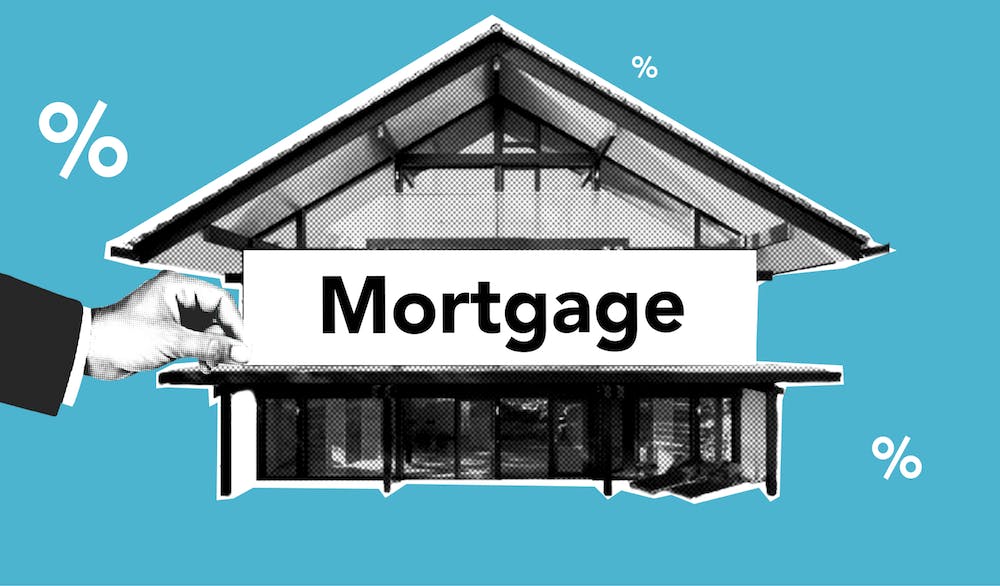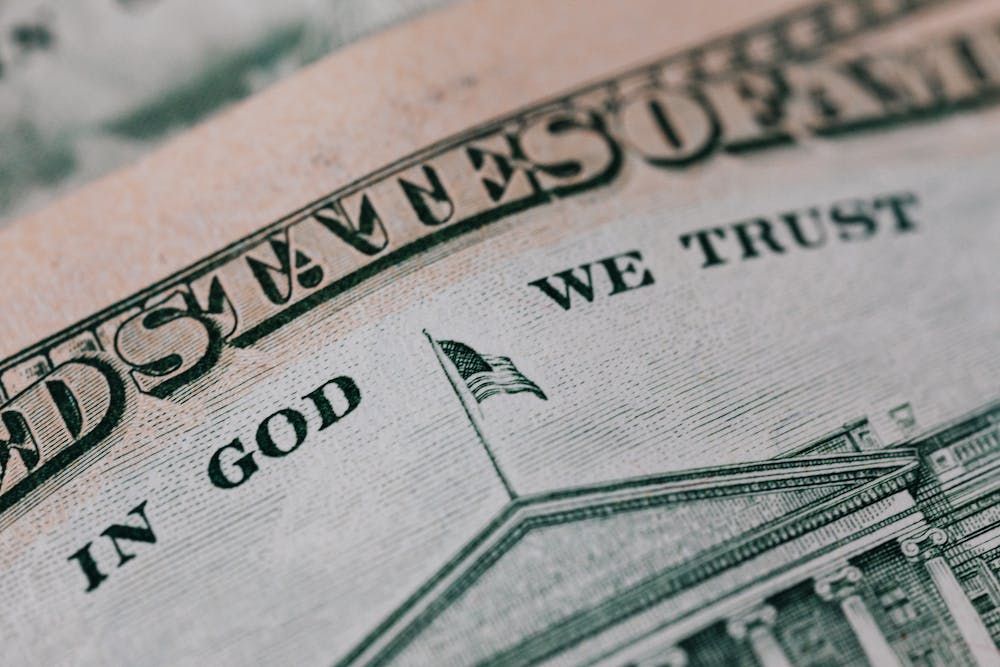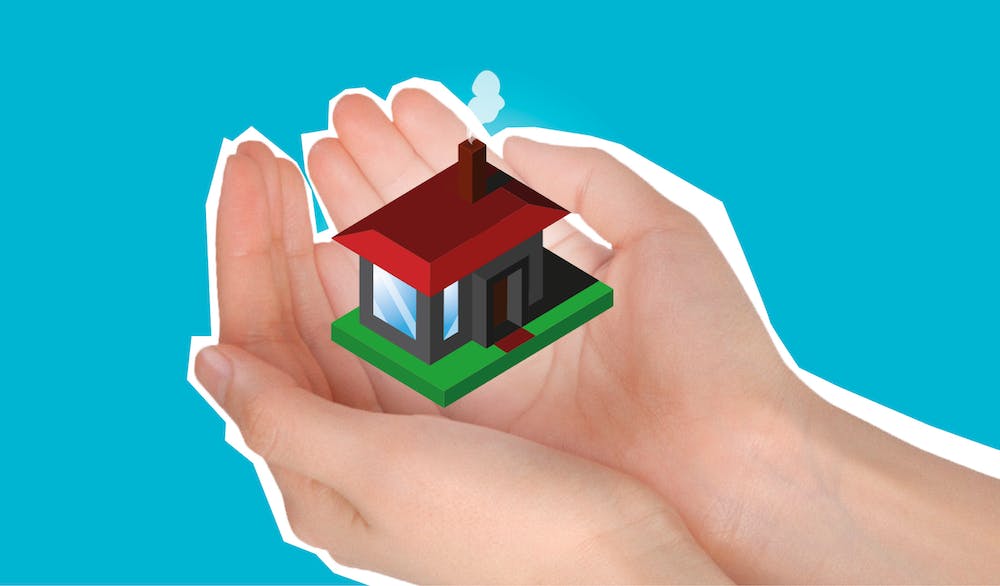How to Save for a Down Payment on Your Home
 If you’re dreaming of buying your own home, one of the biggest hurdles you’ll face is saving enough money for a down payment. A down payment is the amount of money you pay upfront when you buy a home, usually a percentage of the total price. The more money you can put down, the lower your monthly mortgage payments will be and the less interest you’ll pay over time.
If you’re dreaming of buying your own home, one of the biggest hurdles you’ll face is saving enough money for a down payment. A down payment is the amount of money you pay upfront when you buy a home, usually a percentage of the total price. The more money you can put down, the lower your monthly mortgage payments will be and the less interest you’ll pay over time.
 But how do you save for a down payment when you have other expenses and bills to pay? Here are some tips to help you reach your goal.
But how do you save for a down payment when you have other expenses and bills to pay? Here are some tips to help you reach your goal.
 1. Set a realistic target. Before you start saving, you need to know how much money you’ll need for a down payment. This depends on several factors, such as the price of the home you want to buy, the type of mortgage you qualify for, and the lender’s requirements. A common rule of thumb is to save at least 20% of the home’s price, but some lenders may accept less or require more. You can use online calculators or talk to a mortgage broker to estimate your down payment amount.
1. Set a realistic target. Before you start saving, you need to know how much money you’ll need for a down payment. This depends on several factors, such as the price of the home you want to buy, the type of mortgage you qualify for, and the lender’s requirements. A common rule of thumb is to save at least 20% of the home’s price, but some lenders may accept less or require more. You can use online calculators or talk to a mortgage broker to estimate your down payment amount.
 2. Create a budget and track your spending. Once you know how much you need to save, you need to figure out how much you can save each month. To do this, you need to create a budget and track your spending. A budget is a plan that shows how much income you have and how much you spend on different categories, such as rent, food, transportation, entertainment, etc. Tracking your spending helps you see where your money goes and where you can cut back or save more.
2. Create a budget and track your spending. Once you know how much you need to save, you need to figure out how much you can save each month. To do this, you need to create a budget and track your spending. A budget is a plan that shows how much income you have and how much you spend on different categories, such as rent, food, transportation, entertainment, etc. Tracking your spending helps you see where your money goes and where you can cut back or save more.
 3. Automate your savings. One of the easiest ways to save for a down payment is to automate your savings. This means setting up a regular transfer from your checking account to a separate savings account dedicated to your down payment goal. You can do this monthly, biweekly, or even every time you get paid. This way, you don’t have to think about saving and you avoid the temptation to spend the money on something else.
3. Automate your savings. One of the easiest ways to save for a down payment is to automate your savings. This means setting up a regular transfer from your checking account to a separate savings account dedicated to your down payment goal. You can do this monthly, biweekly, or even every time you get paid. This way, you don’t have to think about saving and you avoid the temptation to spend the money on something else.
 4. Boost your income. Another way to save for a down payment faster is to boost your income. This can be done by working overtime, getting a second job, selling unwanted items, or starting a side hustle. Any extra money you earn should go straight into your savings account.
4. Boost your income. Another way to save for a down payment faster is to boost your income. This can be done by working overtime, getting a second job, selling unwanted items, or starting a side hustle. Any extra money you earn should go straight into your savings account.
 5. Save windfalls and bonuses. If you receive any windfalls or bonuses, such as tax refunds, inheritance, gifts, or work bonuses, don’t spend them on something else. Instead, use them to boost your down payment savings. This can help you reach your goal sooner and reduce the amount of money you need to borrow.
5. Save windfalls and bonuses. If you receive any windfalls or bonuses, such as tax refunds, inheritance, gifts, or work bonuses, don’t spend them on something else. Instead, use them to boost your down payment savings. This can help you reach your goal sooner and reduce the amount of money you need to borrow.
 Saving for a down payment on your home may seem daunting, but it’s not impossible. With some planning, discipline, and creativity, you can make your dream of homeownership a reality.
Saving for a down payment on your home may seem daunting, but it’s not impossible. With some planning, discipline, and creativity, you can make your dream of homeownership a reality.

